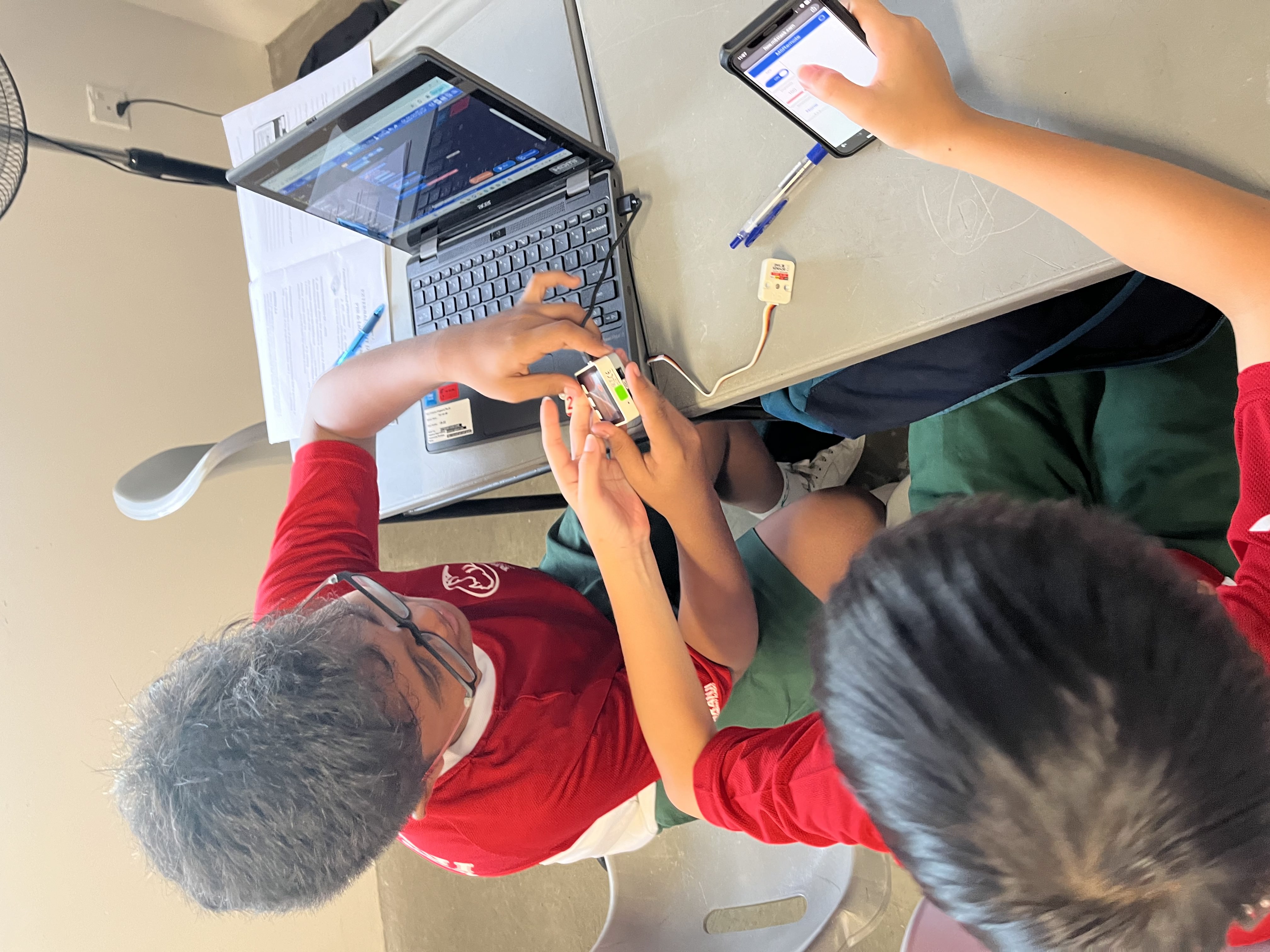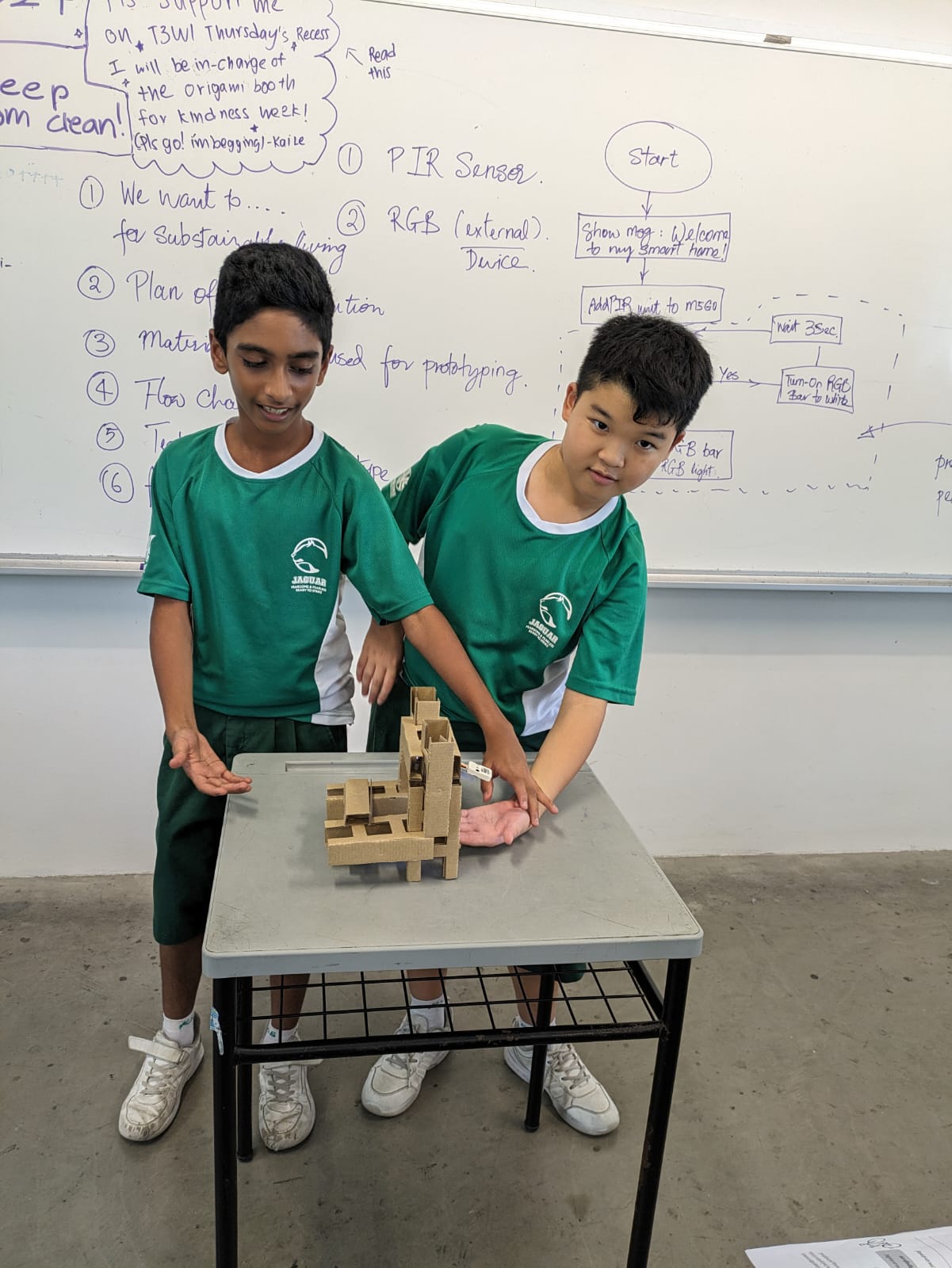ICT and Computing
ICT
Our Goals
-
Empowering Self-Directed Learners: We aim to nurture students who take charge of their own learning journey. They will possess the ability to question, reflect, and persist in their pursuit of knowledge. Through the use of digital tools, they will be intrinsically motivated to monitor and manage their learning.
-
Fostering Collaborative Learners: Collaboration is a vital skill in today's world. Our students will learn to work harmoniously with others, building upon each other's knowledge to achieve common learning objectives. They will also embrace diverse perspectives, enhancing their ability to explain their reasoning and decisions.
-
Cultivating Responsible Citizens: We want our students to actively contribute to the information pool in online communities while adhering to proper etiquette. Additionally, they will be adept at verifying the accuracy, credibility, and currency of information from multiple sources.
Technology In Action Sessions
In this digital age, traditional teaching methods may not fully engage tech-savvy students. Our role as educators is evolving towards facilitating self-directed and collaborative learning and technology is a crucial tool for achieving this. The Technology In Action sessions are designed to promote experimentation and innovation through the effective use of ICT in classroom teaching.
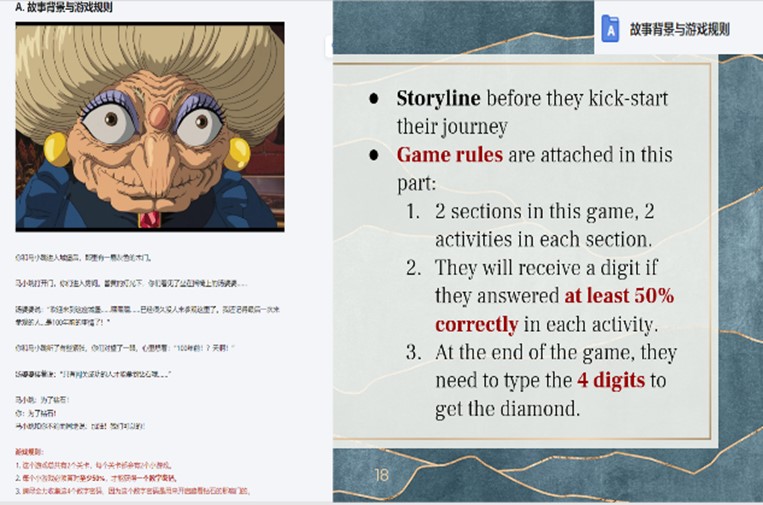
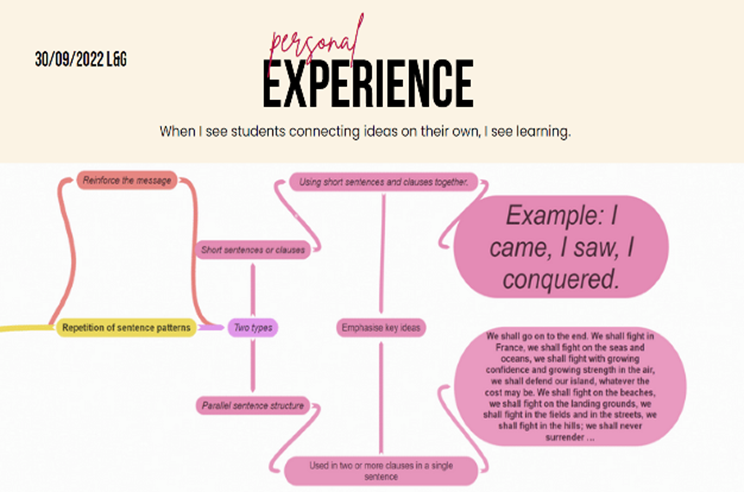
ICT Blasts by ICT Champions
Our ICT Champions send out ICT Blasts every two weeks to encourage experimentation and innovation in the integration of ICT into classroom teaching. These resources serve as supplements for staff, providing valuable insights and motivation for teachers to incorporate technology more meaningfully into their lessons.
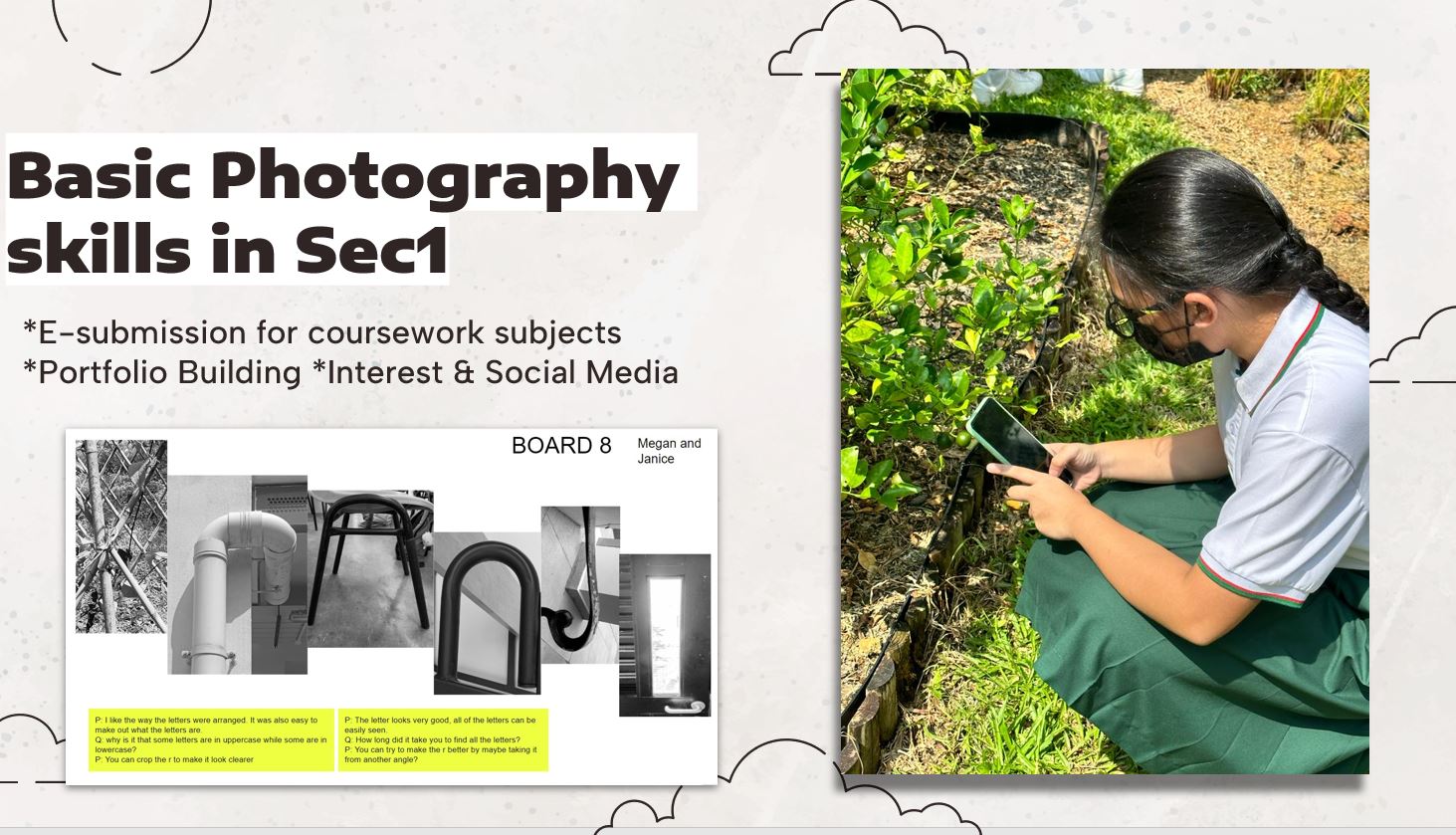
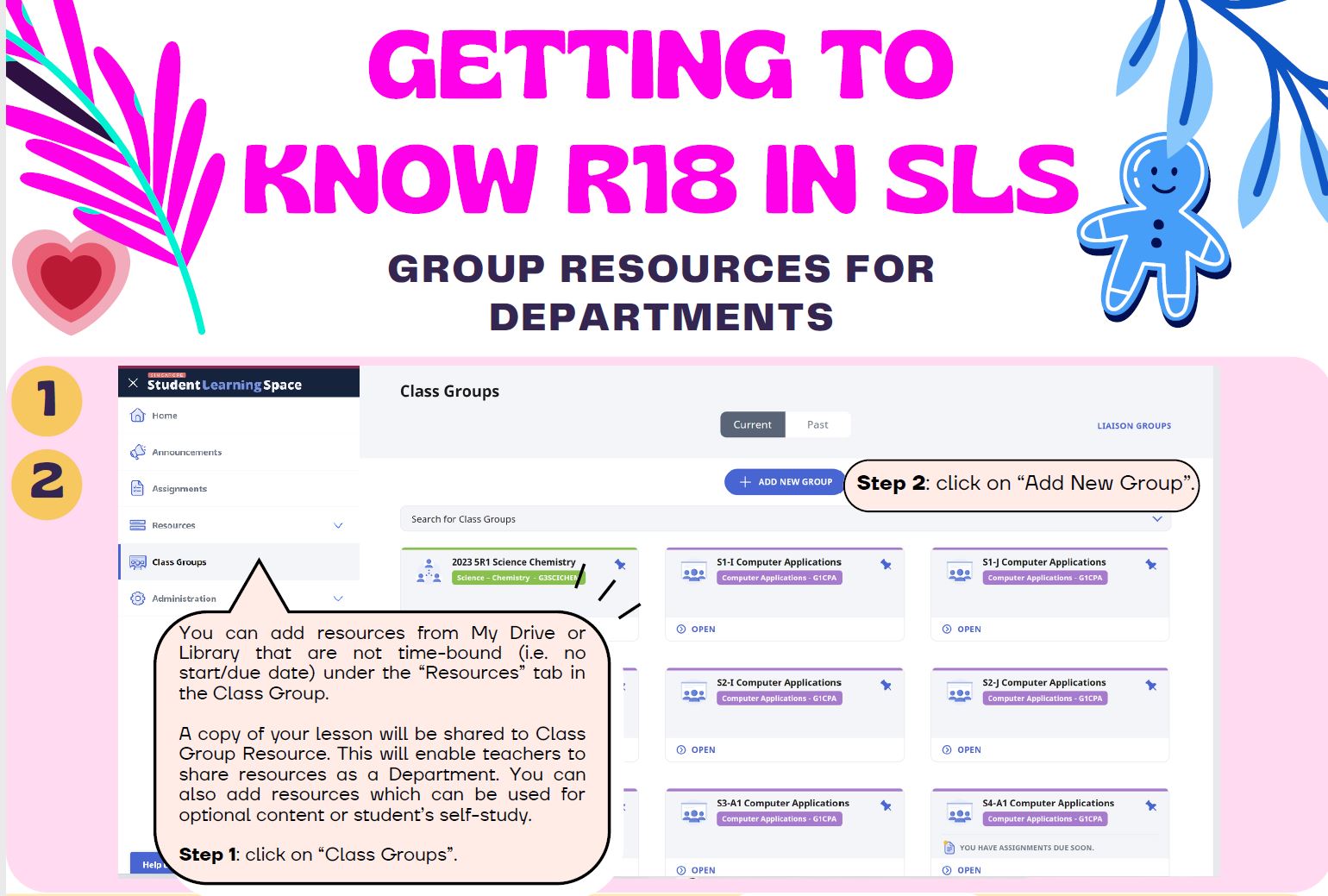
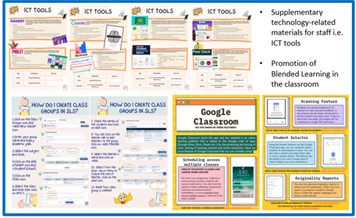
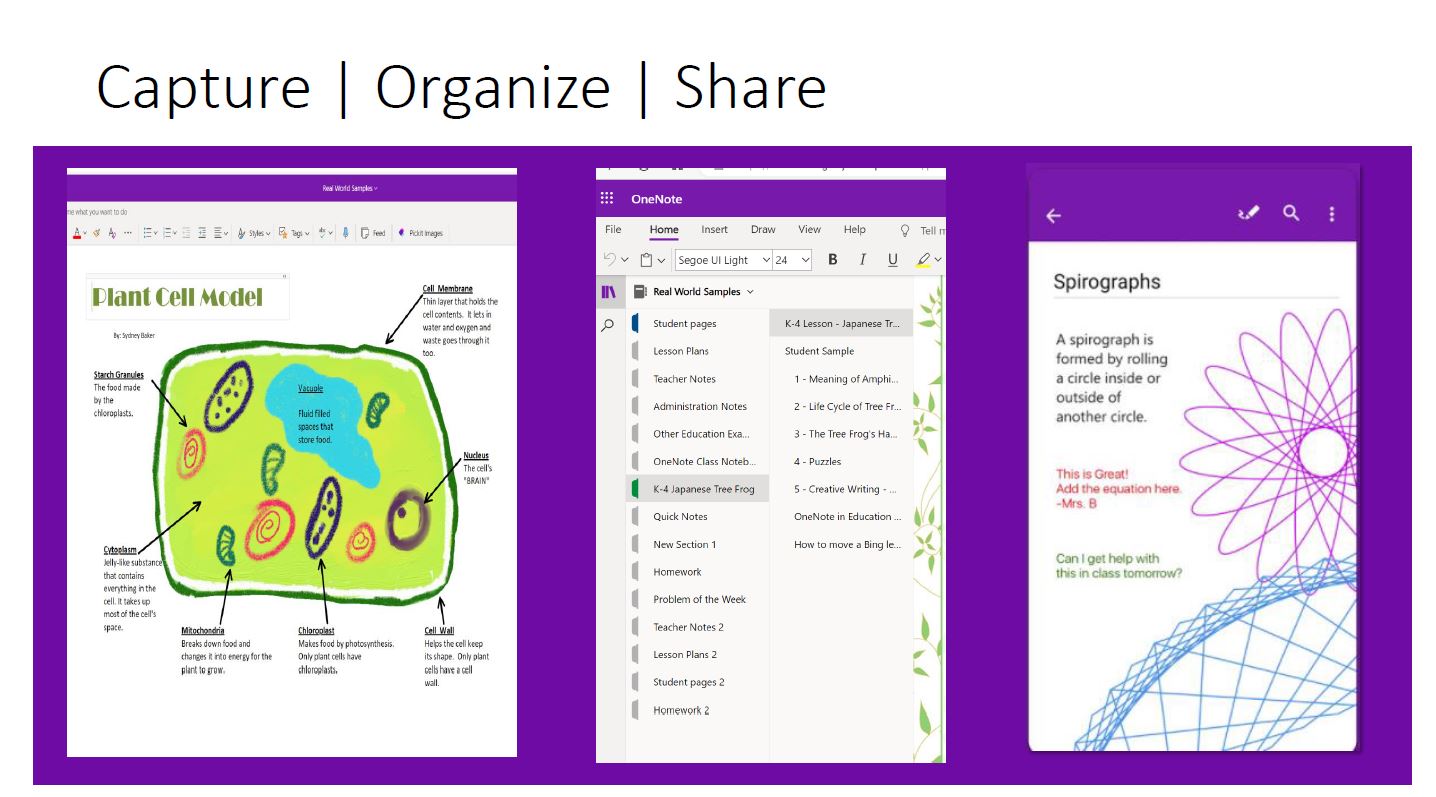
ICT Programme for Secondary 1
In line with the MOE National Digital Literacy Programme (NDLP) where the focus will be acquiring digital skills across four main components - Find, Think, Apply and Create, we planned for all Secondary One students to undergo Minecraft Education Sustainability' training. This training will teach them how to apply design thinking concepts to Minecraft Education and create sustainable living structures. Students will collaborate in groups to build their sustainability structures, eventually integrating them to form a sustainability city as a class. These skills are essential for various projects assigned by subject teachers.
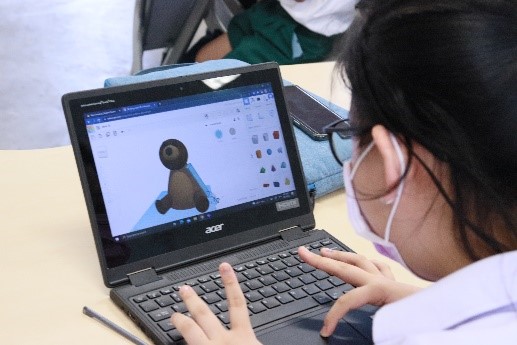
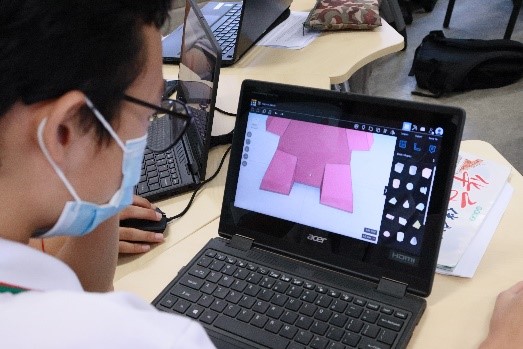
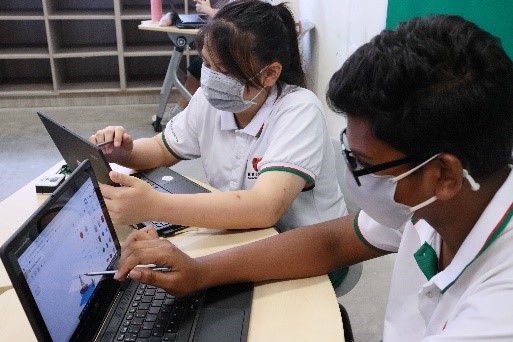
Compulsory courses
-
Minecraft Education - for all sec 1 students
-
Python programming - for all Sec 2 students
Opt-in courses for Sec 1 & 2 students
-
Video editing
-
App development
-
Game Development
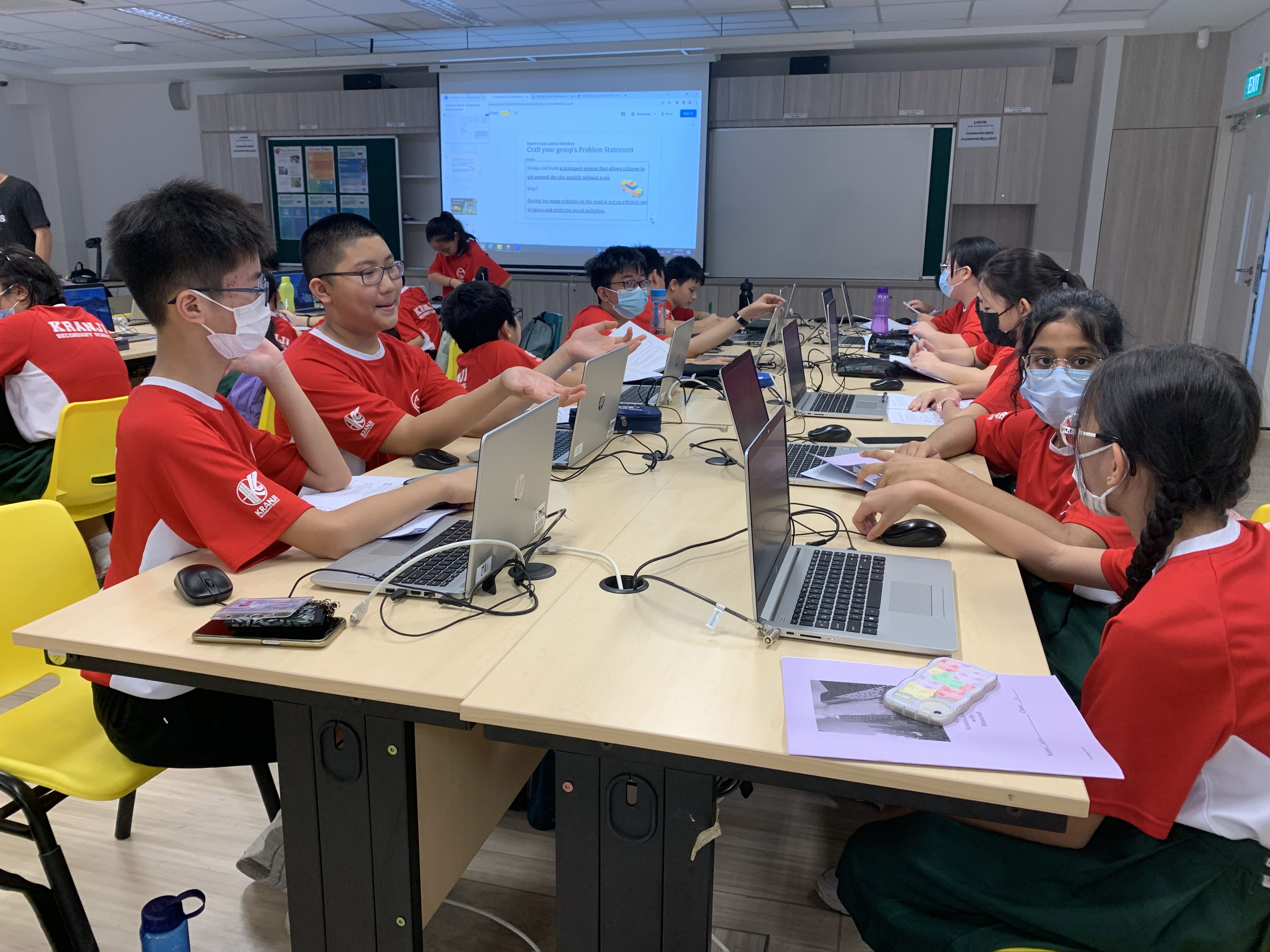
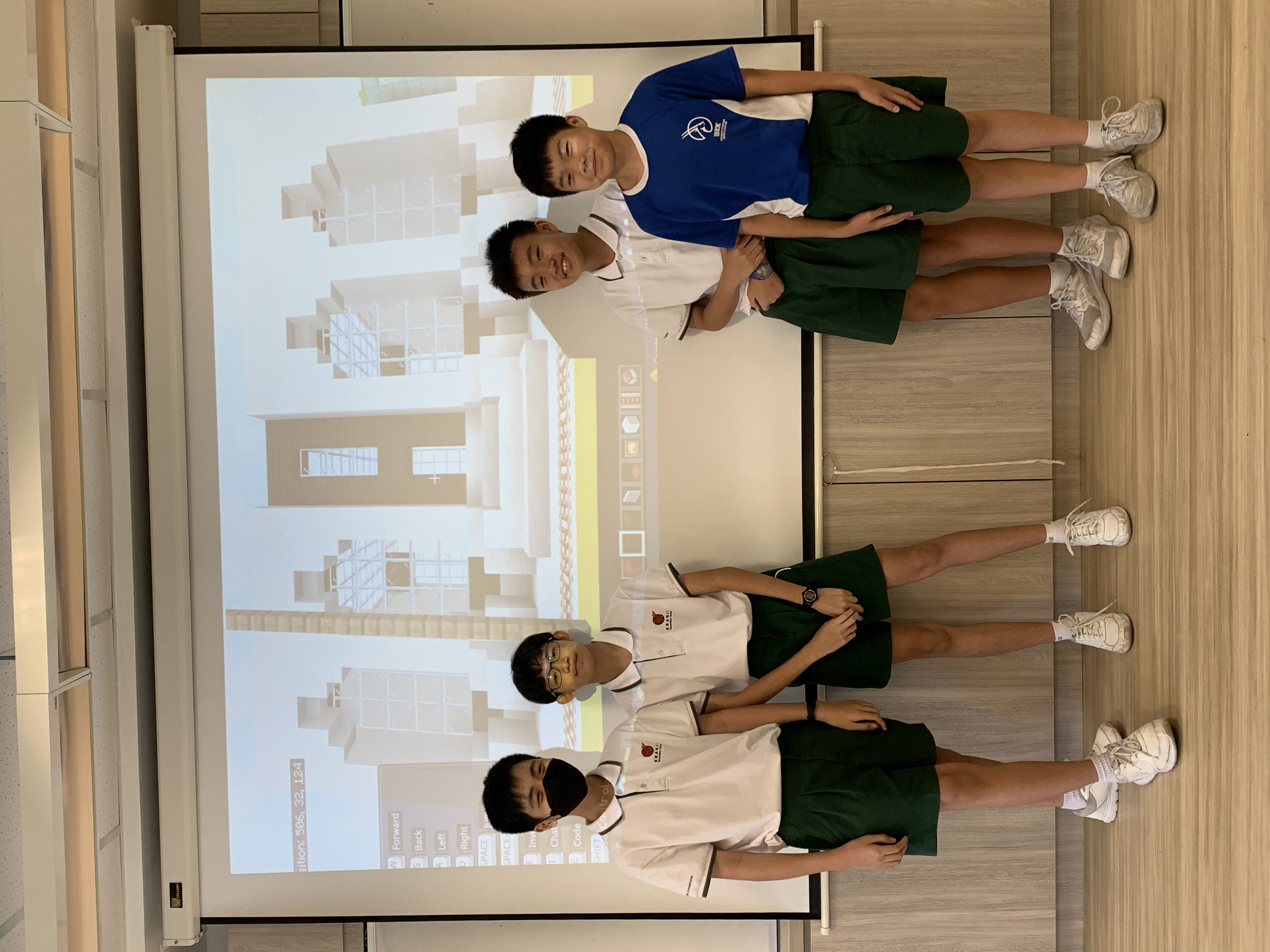
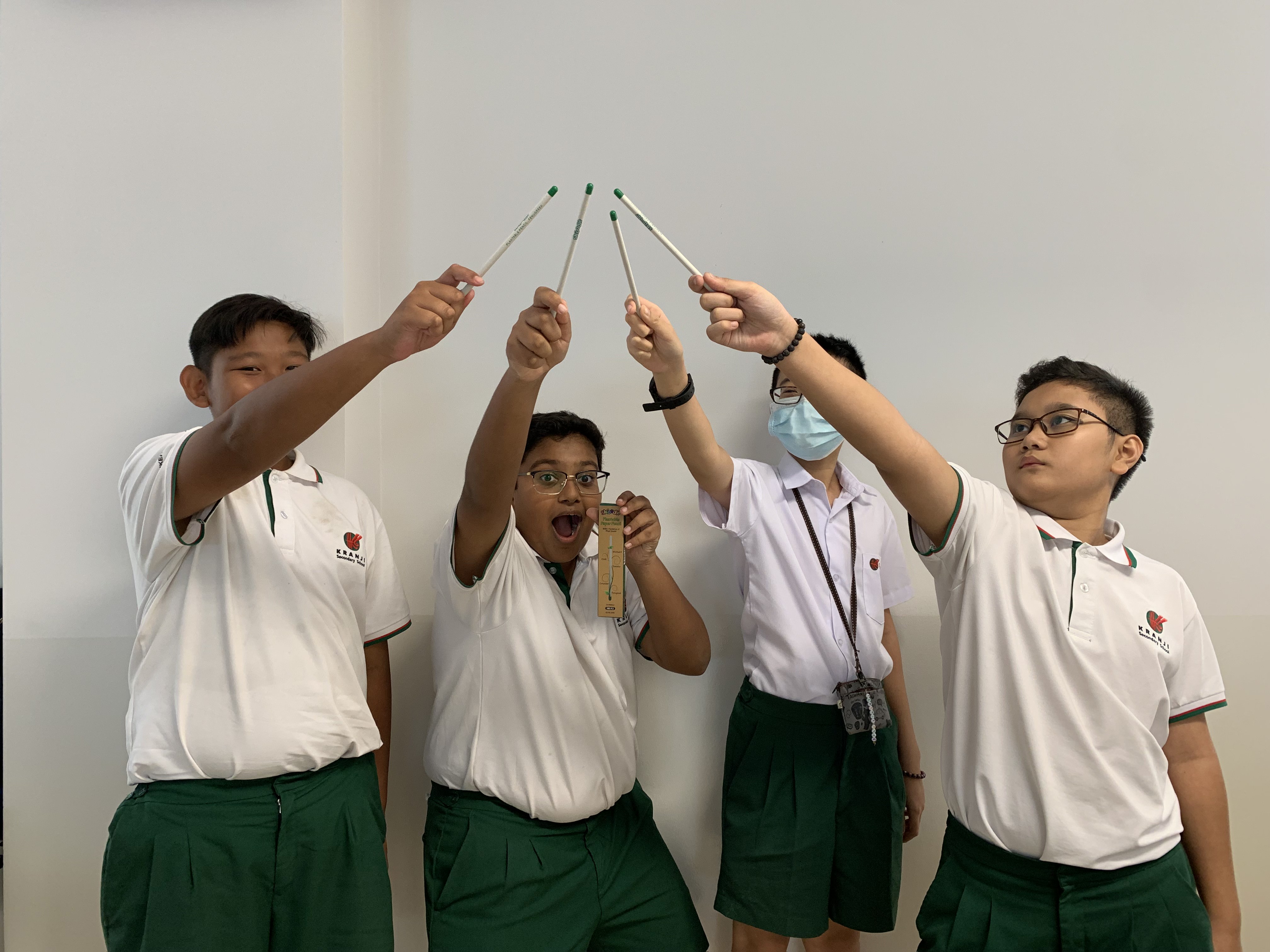
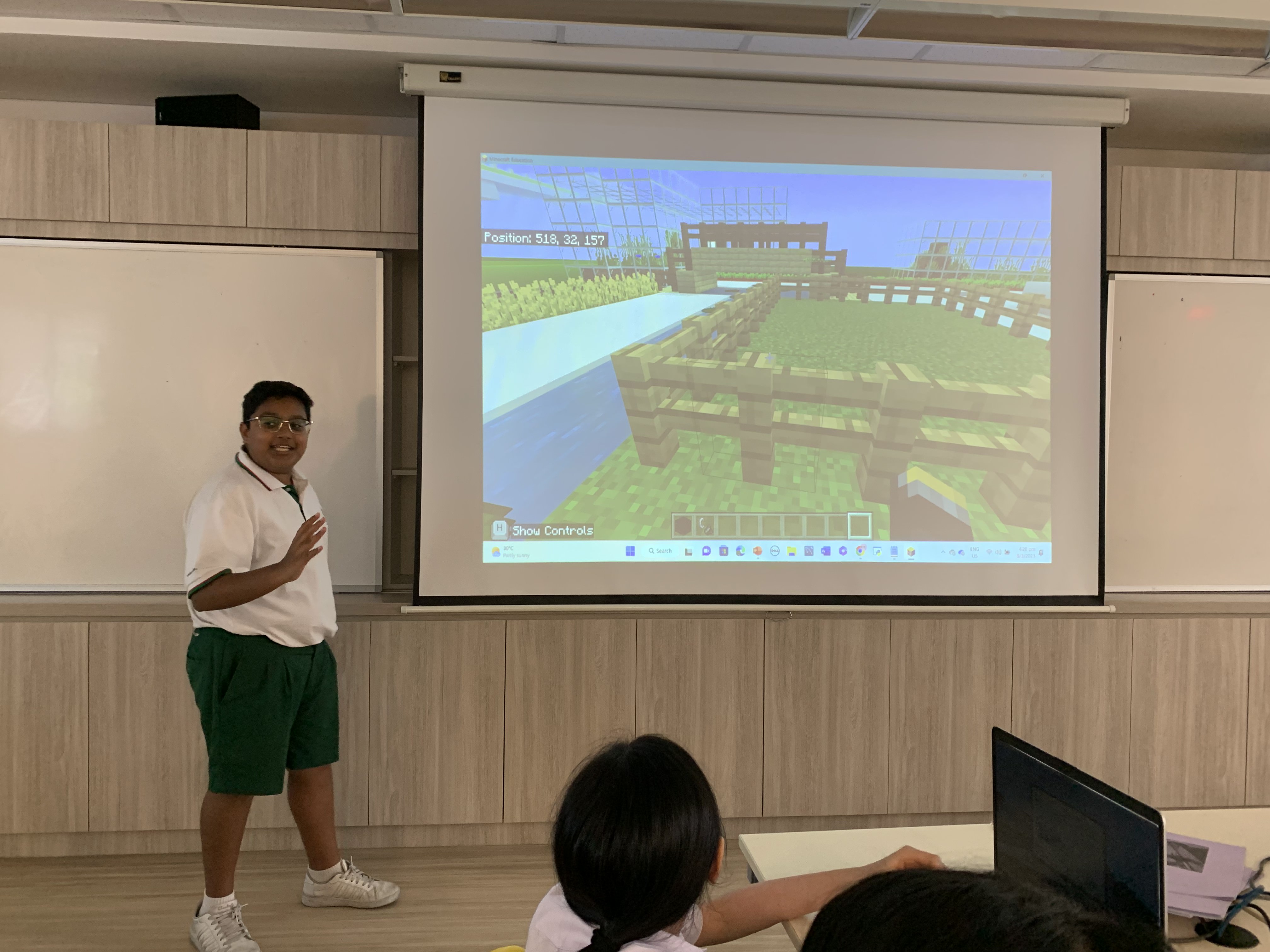
O-Level Computing
Kranji Secondary began offering O-Level Computing from 2023 as an option in our Secondary 3 Subject Combination.
The O-Level Computing subject is catered for students who display passion and/or talent in Computing. It focuses on developing problem-solving and Computational Thinking Skills in support of 21st Century Competencies as well as an appreciation of intellectual property and ethical issues arising from the use of technology. Students who offer the subject will also gain a head-start if they decide to take up computing-related studies or pursue computing-related careers in the future.
Full time employment rates pay for fresh grads better than pre covid levels
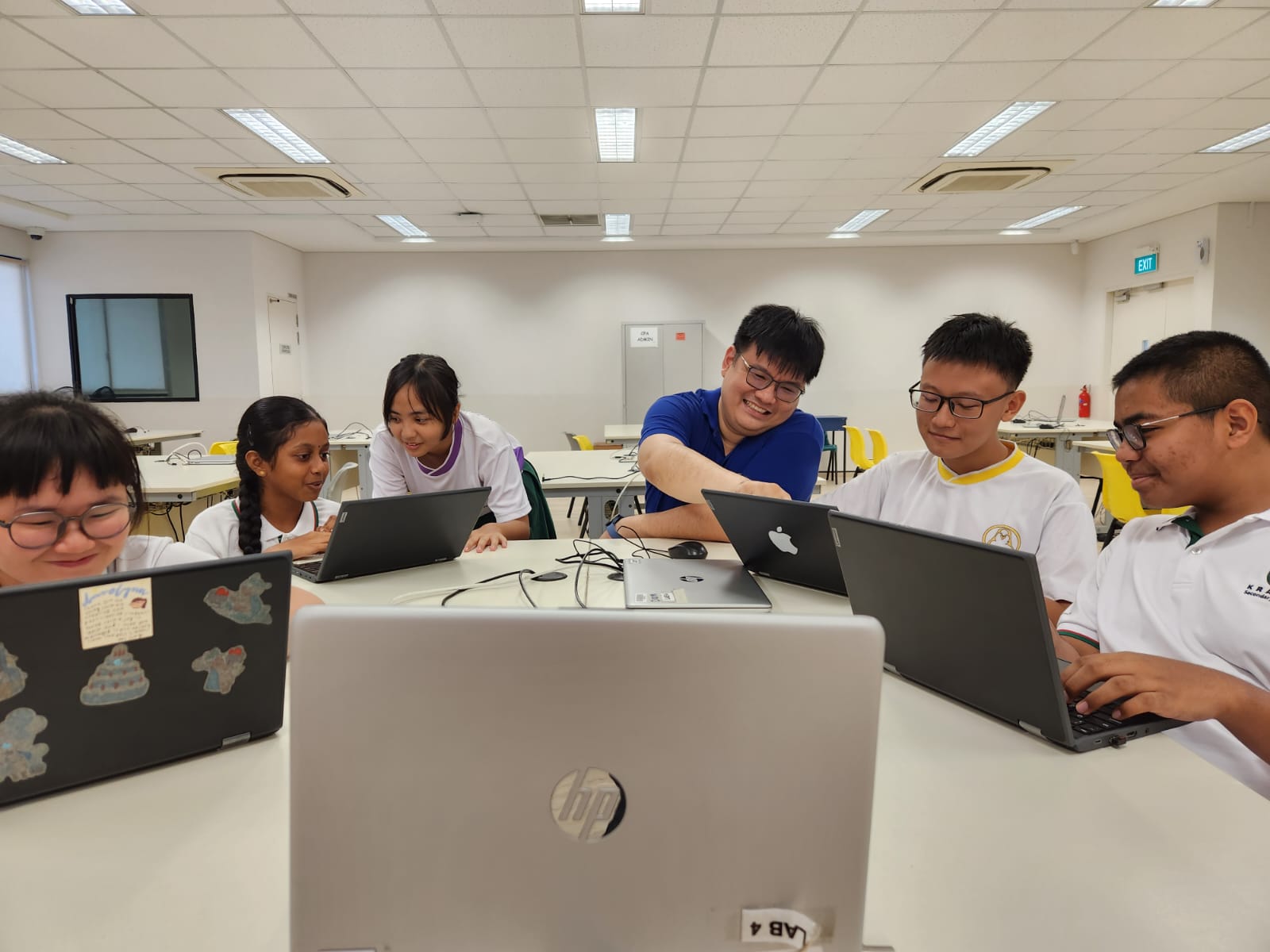
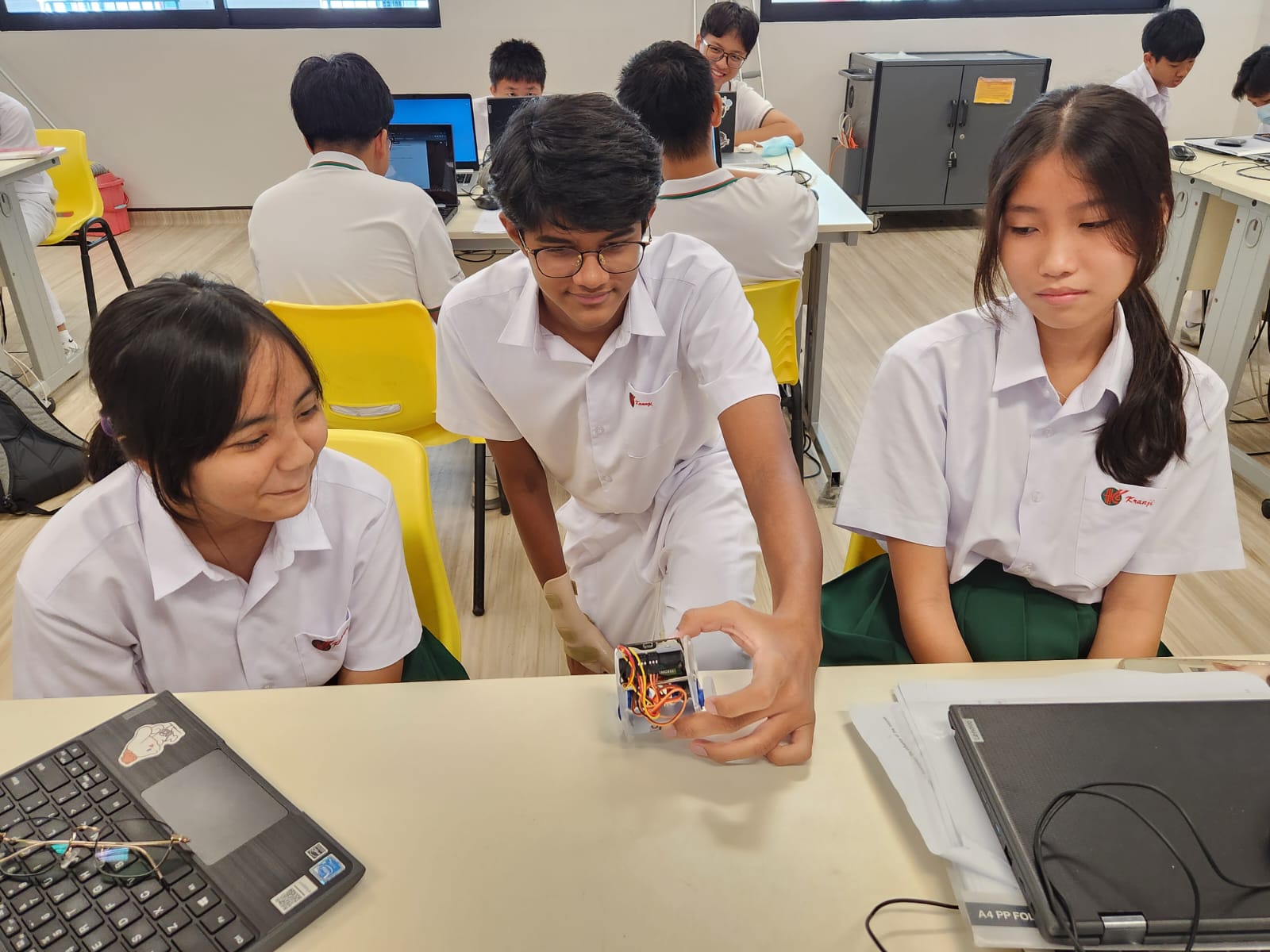
Objectives of Programme
The O Level Computing syllabus aims to provide students with the foundation to pursue further studies in computing at A-Levels and at tertiary institutions. The skills acquired in computational and algorithmic thinking is a way of getting to a solution through clear definition of the steps leading to solutions. These skills are needed to embrace a rapidly changing technological landscape.
The two-year course at upper secondary level will equip students to:
-
Apply logical reasoning and algorithmic thinking in analysing problem situations and developing solutions
-
Develop simple programs through the use of appropriate programming language(s)
-
Understand how and where information communications technology (ICT) is used in daily life
-
Understand and explain the ethical, social and economic issues associated with ICT
ICT refers broadly to technology involving computing devices, software and other hardware. The computer science concepts and skills will also be taught.
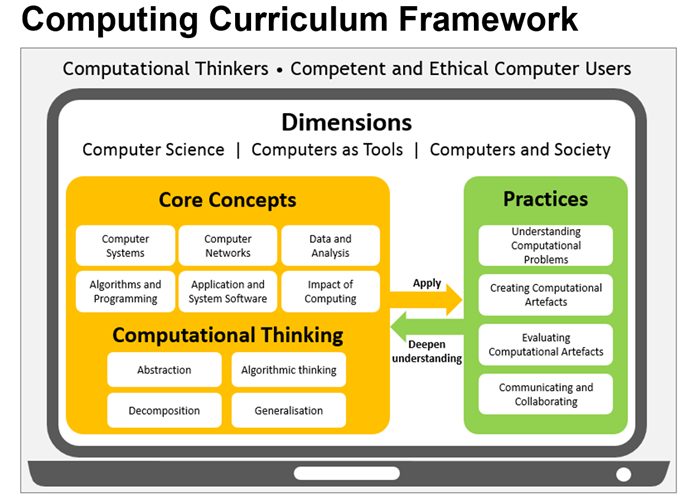
For more information on the subject, please refer to the syllabus available at
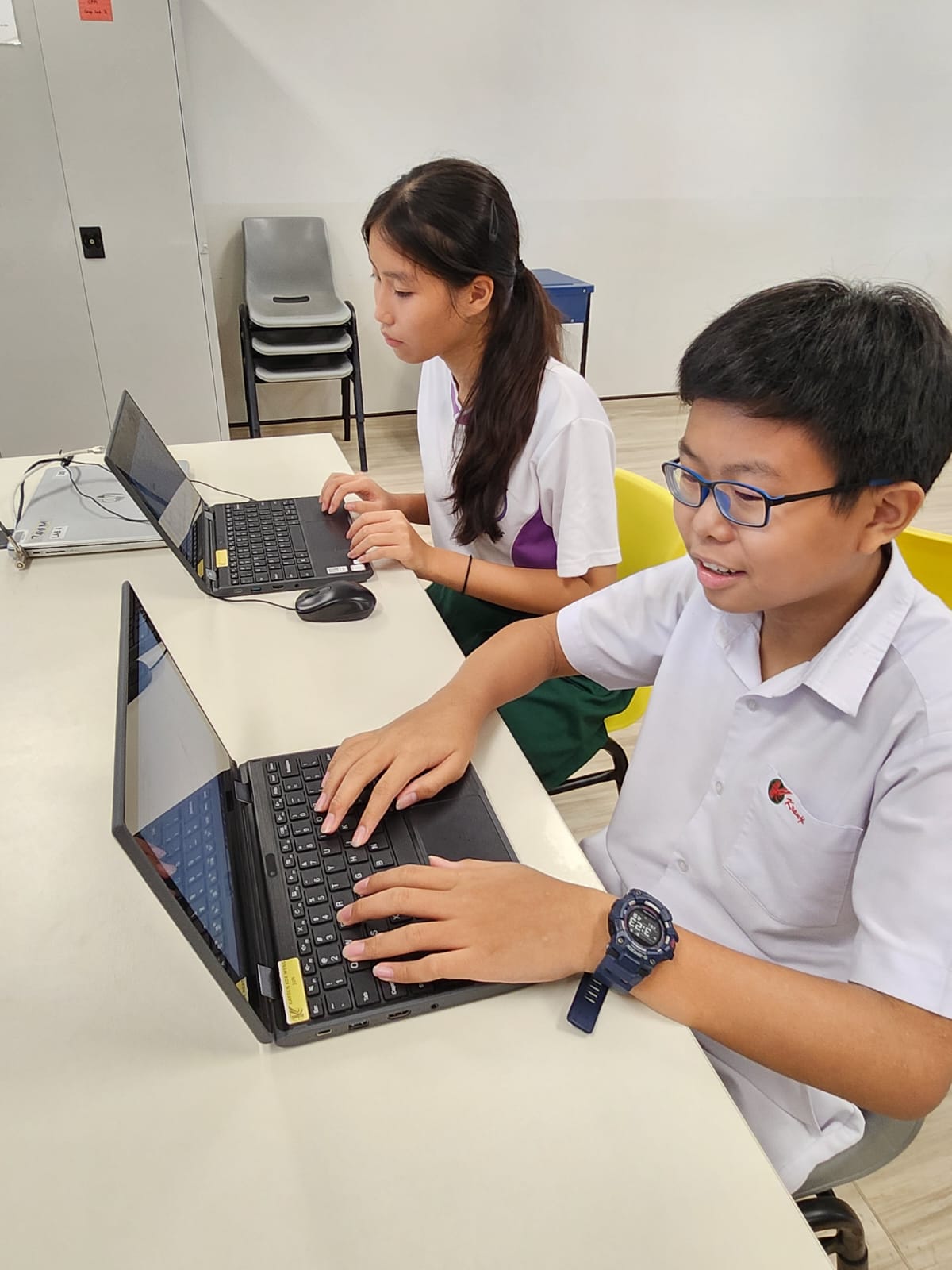
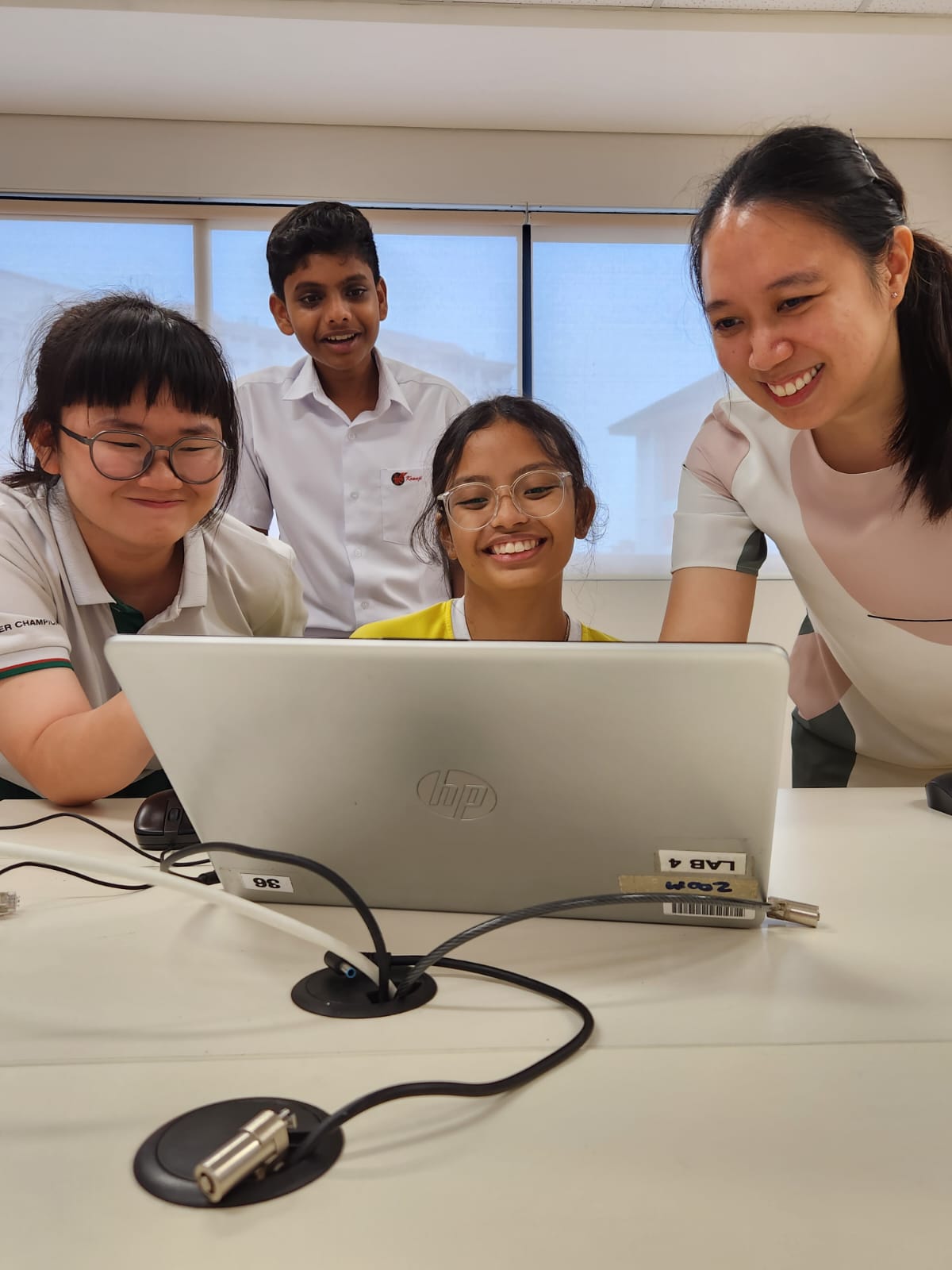
Eco-system to cultivate students’ interest in computing
Currently, the school has an eco-system to build and cultivate students’ interest in computing. The school has a CCA in Science & Technology Club with diverse selection of STEM workshops and challenges are provided for students to extend their scientific capabilities and interest and to develop coding and programming skills.
In addition, the Code for Fun Programme is offered as a post examination enrichment to all Sec 1 students to increase their exposure to coding and computational thinking. This is part of a set of mathematical enrichment activities designed to nurture students’ interest in STEM and to develop their disposition in STEM. Students will use microcontrollers, basic drag and drop coding and cardboard Lego Blocks known as Blokies to build different physical structures based on their understanding of mathematical/STEM skills such as spatial visualisation, geometry and measurement. For example, they will write a program to create a house intruder system for their ‘house’ made from Blokies.
